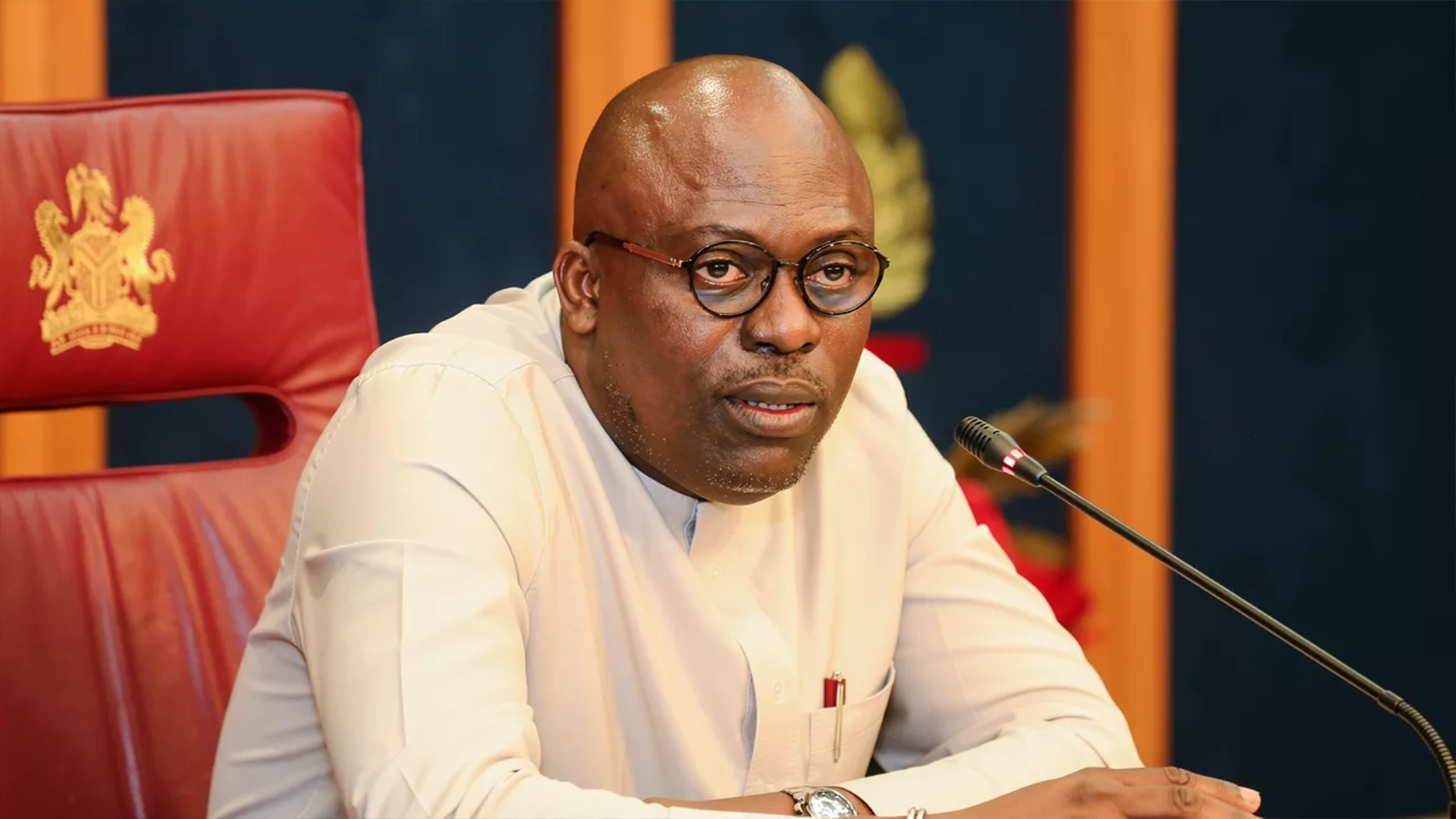Experts have called for stronger land and property taxation across African cities as a tool to discourage speculation, expand homeownership for low-income groups, and strengthen local revenue systems.
They stressed that reforming property tax is central to achieving equitable, inclusive, and sustainable urban development on the continent. Without it, they warned, African cities will struggle to finance basic services, reduce poverty, or keep pace with rapid urbanisation.
Speaking at a session jointly organised by the African Cities Research Consortium (ACRC) and the Centre for Housing and Sustainable Development, University of Lagos (CHSD-UNILAG) during the African Real Estate Society (AfRES) conference in Lagos, the guest speaker and Director of the Land Valuation Division, Lands Commission, Ghana, Dr Theodora Mends, called for comprehensive reforms that rest on four pillars: institutional capacity, fair valuation, political support, and visible benefits for citizens.
In her presentation, “Reforming Property Taxes for Equity and Inclusion in African Cities: The Way Forward,” Mends emphasised the need for digital innovation to modernise tax systems. She recommended tools for property data collection and assessment, online access portals, mobile and web-based payment platforms, and community-based payment booths.
She also urged governments to boost compliance through public education campaigns, simplified processes, incentives for regular payers, firm deadlines, penalties for defaulters, and grievance redress mechanisms. Structured public-private partnerships (PPPs), she added, could enhance valuation and revenue collection.
Property taxation, she noted, is globally recognised as a primary funding source for local development. In advanced economies, it provides reliable revenues for schools, hospitals, transport, security, waste management, and youth employment. By contrast, Africa lags far behind: property tax accounts for just 0.38 per cent of GDP across the continent, compared to around 2 per cent in high-income countries. Sub-Saharan Africa averages between 0.1 and 1 per cent.
Mends highlighted Ghana’s efforts, including a unified property rate platform, PPP-based revenue sharing, a national property addressing system, and electronic mass appraisal. Nigeria, she noted, has deployed Geographic Information System (GIS) mapping, digital payments, and administrative upgrades. Yet both countries face persistent challenges such as low compliance, incomplete property records, informality, inefficiency, and weak enforcement. Broader obstacles across Africa include outdated legislation, poor transparency, obsolete valuation rolls, high and uneven tax rates, and inadequate technology adoption.
Still, she pointed to encouraging results from Freetown, Kampala, and Dakar, where satellite imagery, drone data, mobile GIS, and Computer-Assisted Mass Appraisal (CAMA) systems have enabled digital property registers and credible tax bases, even in informal or weakly addressed areas.
Other experts echoed the call for reform. During a panel discussion on the issue, anchored by the Manager, CHSD-UNILAG, Dr Esther Thontteh, the Dean, School of Environmental Science, Federal University of Technology, Minna, Prof. Olurotimi Kemiki, said speculative land banking has locked out low-income earners from homeownership. He urged governments to impose high taxes on vacant land and to deploy technology to capture and monitor empty parcels in cities like Lagos, where scarcity in areas such as Ikoyi has driven up values.
Similarly, Prof. Olusegun Ogunba, a Valuation and Investment specialist at Obafemi Awolowo University, blamed the absence of political will in many states for weak tax collection, and advocated for cadastral mapping and progressive property taxation.
Mr Olaitan Olaoye of Gbenga Olaniyan and Associates called for social equity measures, recommending tax holidays for women, persons with disabilities, the unemployed, and retirees to ease the burden of homeownership.






